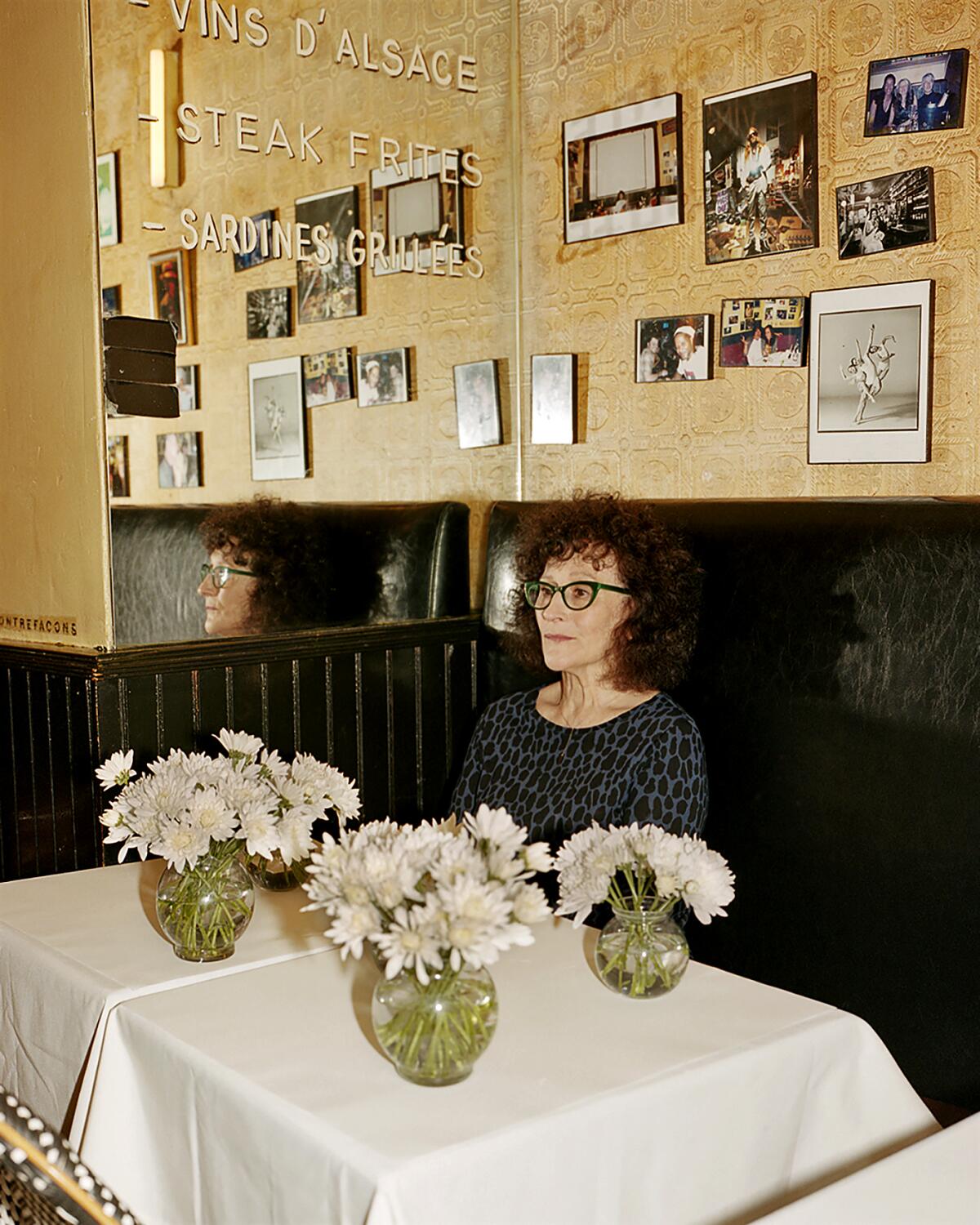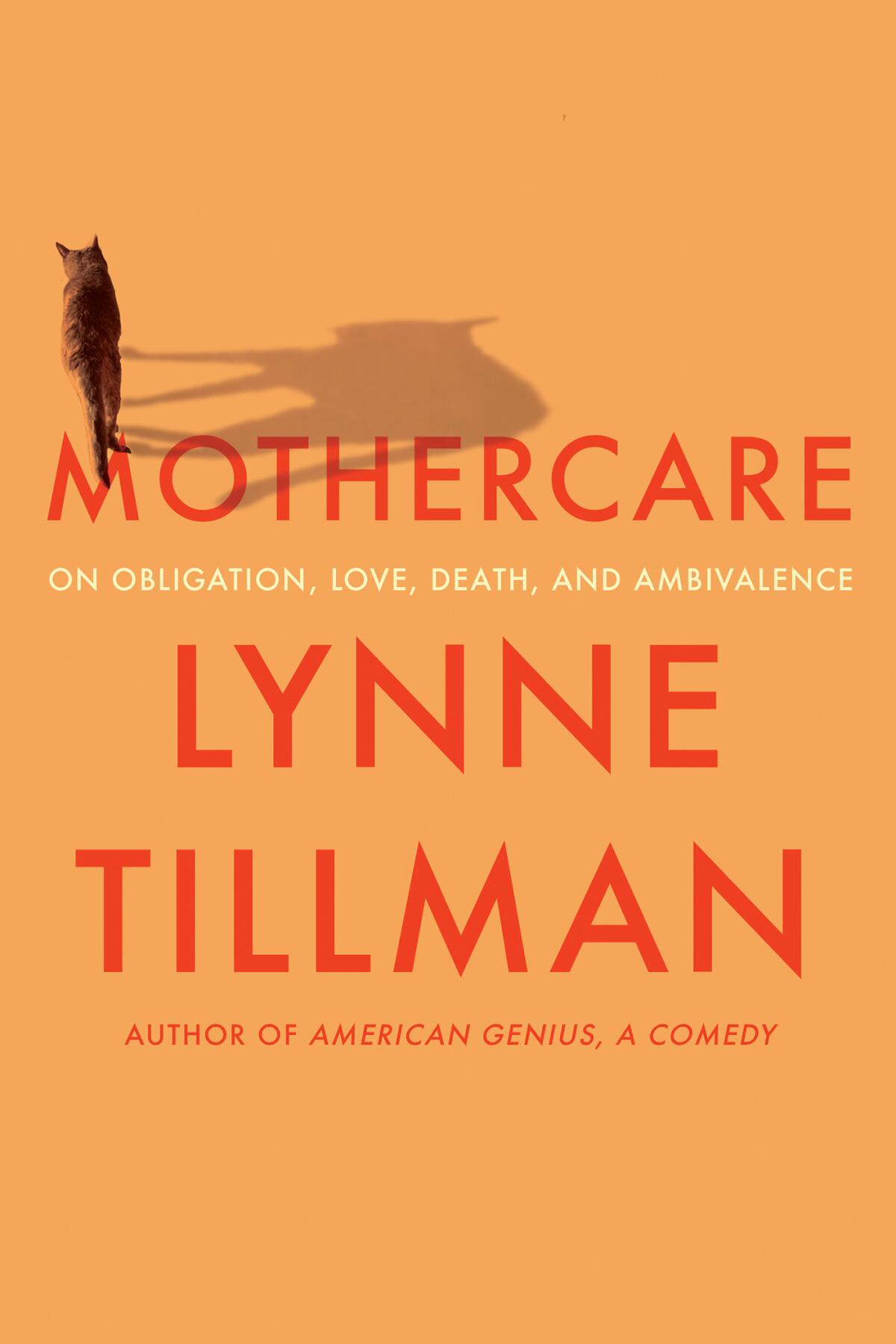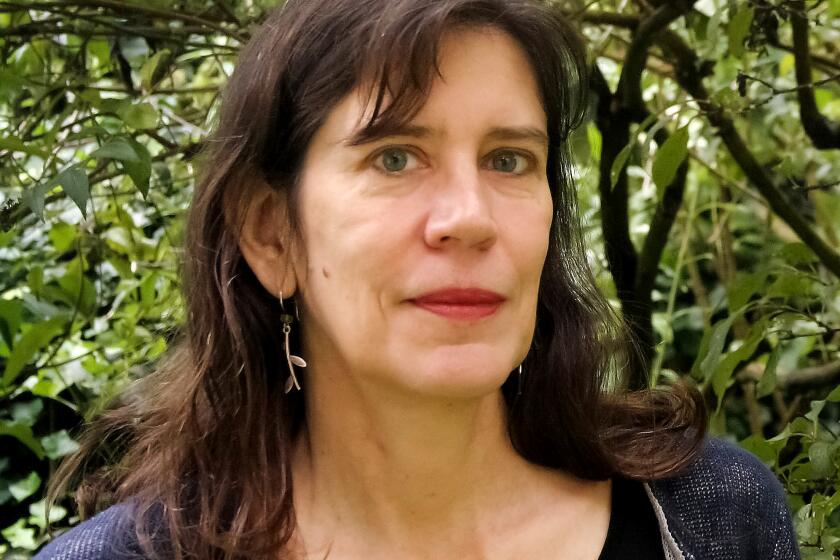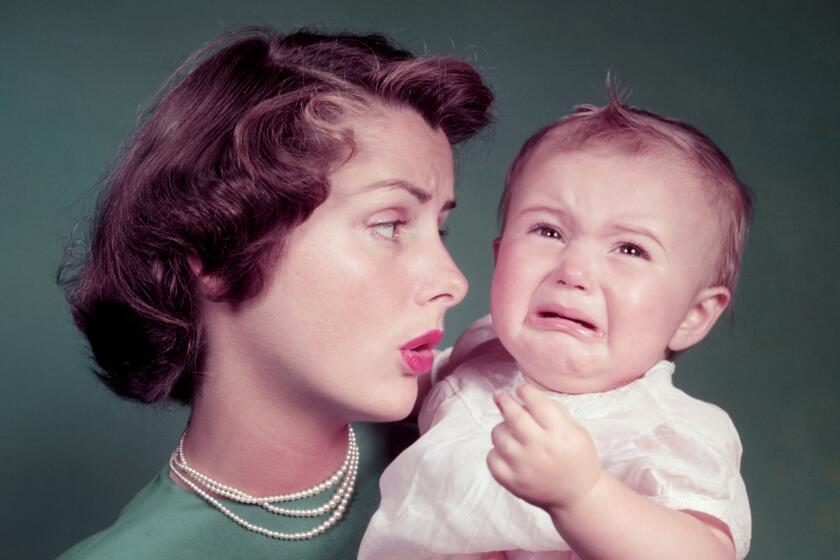Eldercare is a crisis, personal and political, in Lynne Tillman’s unsparing memoir

- Share via
On the Shelf
Mothercare: On Obligation, Love, Death, and Ambivalence
By Lynne Tillman
Soft Skull: 176 pages, $23
If you buy books linked on our site, The Times may earn a commission from Bookshop.org, whose fees support independent bookstores.
Eleven years can be a staggeringly long time. This is how long the novelist and short story writer Lynne Tillman spent caring for her declining mother — an exhausting period of her life compressed into a brief but harrowing new memoir, “Mothercare.”
“I dreaded the future, this ghost of time coming,” Tillman writes. “I even felt, ridiculously, I was aging faster. My possibilities and fantasies were being stolen by Mother, whom I didn’t love.”
The vagaries of caregiving can be shocking to those who haven’t done much of it — though many have. With parents living longer and children coming later, an entire generation has become well acquainted with the double duty of caring for children as well as elderly parents. There’s even a name for this group: the sandwich generation.
“Mothercare” is revelatory not only for its honest discussion of this thankless task, but also for Tillman’s candor about having her life drip away in service to someone she cares for more than she cares about.
The cultural assumption is that caregiving work of all kinds should be done by women. We are told, time and time again, that women are not just obligated but inclined — programmed, really — to care for others. Daughters should love and care for their parents and mothers should love and care for their children, full stop. And these roles should come before any others.
In ‘The Baby on the Fire Escape: Creativity, Motherhood, and the Mind-Baby Problem,’ Julie Phillips looks to 20th century artist-mothers for answers.
But for Tillman, “Mother had been the opposite of a loving, caring mother.” Tillman’s mother is competitive and jealous. “She hated my getting attention for my writing.” One day, “she said, out of nowhere, as it’s always said, but it wasn’t, ‘If I had wanted to be, I would have been a better writer than you.’”
Because of this, “about Mother, I never felt guilty,” Tillman insists. “Anything I gave her was more than she deserved. That sounds awful.”

At one point in the hospital, Tillman’s mother raises her right hand and stretches her arm to stroke Tillman’s cheek. “It took a lot of effort,” Tillman concedes, but “her tender gesture can be interpreted variously.” In a lucid moment, her mother expresses shock at the sacrifices of her daughters. “Why didn’t you girls put me in a home?” she asks. “That was stupid. You girls have spoiled me.”
“Mothercare” forces us to question our assumptions about what is owed to us and about our responsibility to our family members. As Tillman writes, “all of this digs deep into a family’s craters, its collective psyche, if there is such a thing.” There is a devastating crisis of care in this country, but for the millions of Americans who don’t have choices when it comes to caring for their dependents, decisions still have to be made.
Tillman is lucky, perhaps, that she has two sisters, one of whom also lives in New York, to shoulder the burden. “Mothercare” is dedicated “to caregivers, paid and unpaid,” and Tillman pays tribute to the many women, frequently immigrants of color, who were employed by her family to care for her mother. Some are dangerously negligent and quickly let go. But even when it’s obvious that one woman is stealing from Tillman’s mother, neither she nor her sisters say anything because this woman is good at the job and Tillman’s mother is happy.
“People who do this work professionally have shorter life spans,” Tillman acknowledges. She is haunted by the number of caregivers she sees out in New York, pushing their “white charges” in wheelchairs. “I’m relieved when I see women pushing what appear to be their own babies.”
There’s a good reason the birthrate is declining in California and the U.S.. We’ve made parenthood way harder than it should be.
She notices how people turn their heads away when they see people caring for the elderly in public. “The turning away interests me, the ignoring, ways to ignore inevitability,” she writes. We are all in need of care, and that’s a vulnerability for which few are emotionally prepared. “Now that I have seen the inevitable, against my will, which I didn’t want to see or know, I can rarely pretend it won’t happen to me, and pay more attention. Let’s say, I have become aware.”
Not only does Tillman now know the exhausting labor of caregiving and the demographics of the people who do it, she recognizes the total denial of those who look away. “I think I hoped to be released from great fear into a benign fear, a certainty that death wouldn’t hurt me, I nearly wrote ‘wouldn’t kill me.’ The irony is killing.”
Experience is everything for Tillman, who is, after all, a writer. But “attending to Mother enforced regularity. Usually I want to change up things, often by reading what I don’t know about and don’t live,” she says of her writing process. “I don’t look for identification but the chance to disidentify. I walk around the city, wanting some strangeness.”
Caregiving is the polar opposite of this practice. For 11 years, Tillman was mired in the “spiritual quartering,” to borrow a phrase from the philosopher Simone Weil, of this soul-sucking work. So many of the revelations of this book — and indeed the predicament that we find ourselves in when caring for others — come down to, as Tillman puts it, learning what we never wanted to know. But it seems unlikely that conditions will improve unless we approach the crisis, as Tillman has done in this book, with unsparing honesty.
Ferri’s most recent book is “Silent Cities: New York.”
A guide to the literary geography of Los Angeles: A comprehensive bookstore map, writers’ meetups, place histories, an author survey, essays and more.
More to Read
Sign up for our Book Club newsletter
Get the latest news, events and more from the Los Angeles Times Book Club, and help us get L.A. reading and talking.
You may occasionally receive promotional content from the Los Angeles Times.










